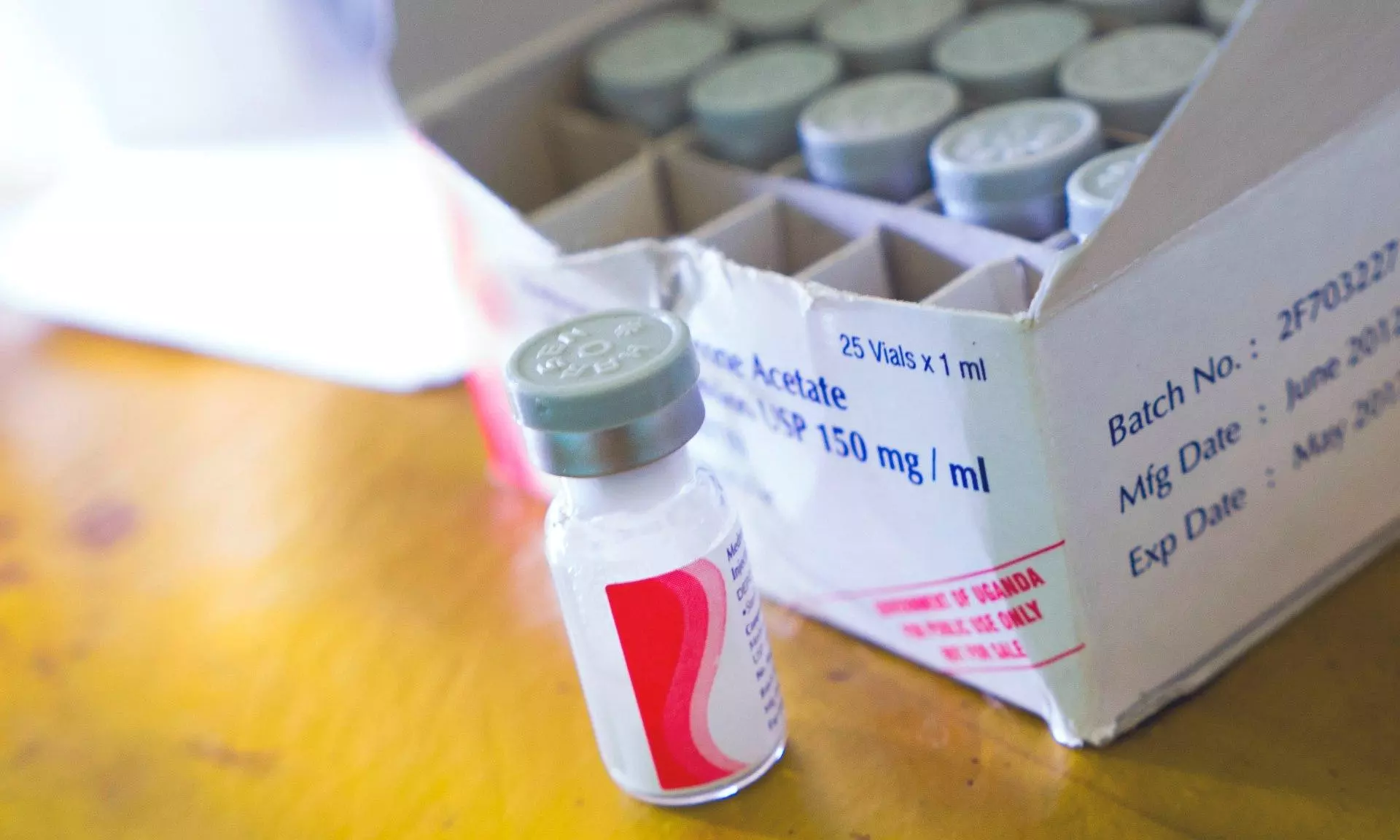Startups igniting efficiency, transparency in pharma supply chain
How startup solutions are transforming the industry by enhancing efficiency and transparency in global pharma supply chains.

The healthcare industry contributes to 4.4% of all GHG emissions. With over $35 billion worth of products being wasted annually due to inefficient logistics, the pharmaceutical supply chain plays a critical role in ensuring the availability of medicines and medical devices to patients worldwide. The industry has long been plagued with challenges such as efficiency, transparency, and traceability in supply chains. But in recent years, startups have emerged as powerful catalysts of change, leveraging innovative technologies to revolutionise the pharmaceutical supply chain. Through these modern tech-enabled solutions, startups are driving greater efficiency and transparency, enabling stakeholders to serve patients better and improve overall supply chain operations. Let’s explore how startup solutions are transforming the industry by enhancing efficiency and transparency in global pharma supply chains.
1. IoT-enabled tracking and monitoring
Pharma conglomerates have increasingly been using the Internet of Things (IoT)/ trackers and sensors to bring real-time visibility of their shipments. By deploying smart sensors and devices, they can not only track and monitor the location of their shipment but also unearth advanced parameters such as the temperature and condition of medicines and medical devices throughout the supply chain journey. This level of visibility allows stakeholders to proactively identify bottlenecks and take corrective actions, reducing the risk of product spoilage, counterfeiting, and delays. For instance, a blockchain-powered life sciences startup has developed an IoT platform that utilises tamper-evident smart labels to track pharmaceutical products, ensuring their authenticity and integrity.
This is only a testament to how the healthcare industry is rapidly adopting IoT solutions, as per a report by Grand View Research. The report suggests that the global market for IoT in healthcare is expected to reach $861.3 billion by 2030.
2. Blockchain for enhanced transparency and traceability
Blockchain technology is gaining traction as a transformative force in the pharmaceutical supply chain, providing enhanced transparency and traceability. Startups are leveraging distributed ledger technology (DLT) to create an immutable and decentralised ledger that records every transaction, from manufacturing to distribution. This allows stakeholders, including patients, healthcare providers, and regulators, to verify the authenticity and movement of pharmaceutical products. A new-age startup is using this tech to combat drug counterfeiting by providing an unalterable record of a drug's journey, ensuring patient safety. They believe that counterfeiting drugs top the list of goods that cause the greatest economic loss and impact worldwide.
According to a study by Allied Market Research, the adoption of blockchain technology in the healthcare industry is predicted to rise substantially, with estimates indicating that it will reach $16.30 billion by 2031. The industry is projected to witness a CAGR of 40.8% from 2022 to 2031, emphasising the significance of blockchain solutions in healthcare.
3. Data analytics and AI-driven decision-making
Startups are harnessing the power of data analytics and artificial intelligence (AI) to optimise supply chain operations and make informed decisions. By analysing large volumes of data, startups can forecast demand, optimise inventory management, and streamline distribution processes. This leads to reduced costs, minimised stockouts, and improved overall efficiency. For example, many young startups these days use Artificial Intelligence (AI) and machine learning algorithms to provide real-time insights into the supply chain, helping pharmaceutical companies optimise inventory levels and improve delivery schedules.
According to The State of Supply Chain Visibility Report, product damage or spoilage (30%), temperature excursions (25%), unexpected delays (24%), lost or misplaced inventory (21%) and compliance issues (20%) are the top 5 supply challenges plaguing the industry. Companies can only achieve this level of awareness by deploying tech solutions to collect data and draw actionable insights from them to bridge the existing gaps in their supply chain operations.
4. Collaborative platforms for seamless information exchange
Startups are developing collaborative platforms that connect stakeholders within the pharmaceutical supply chain, promoting seamless information exchange and collaboration. These platforms facilitate communication between manufacturers, distributors, healthcare providers, and regulatory bodies, eliminating information silos and streamlining operations. Innovative startups are developing platforms that enable end-to-end supply chain visibility by allowing stakeholders to share information on product origins, storage conditions, and transportation. This collaborative approach improves transparency, minimises errors, and optimises processes with fewer conflicts and better dispute management.
The COVID-19 pandemic highlighted the importance of timely communication, strategic coordination, and efficient resource management in responding effectively to public health emergencies, as stated in a report by the WHO.
5. Regulatory compliance and quality assurance solutions
Startups increasingly focus on ensuring regulatory compliance and maintaining high-quality standards throughout the pharmaceutical supply chain. By implementing innovative solutions, startups help pharmaceutical companies adhere to strict regulatory requirements, such as those outlined by the Indian regulatory authority and the Central Drugs Standard Control Organization (CDSCO). One such startup utilises unique identification codes and serialisation to enable product authentication and track-and-trace capabilities. These codes are applied at the packaging level and can be easily scanned and verified by stakeholders throughout the supply chain. This ensures medication authenticity, helping pharmaceutical companies combat counterfeiting, preventing the distribution of substandard drugs, and maintaining quality assurance.
In conclusion, startups are revolutionising the pharmaceutical supply chain by driving efficiency and transparency through innovative solutions. IoT-enabled tracking and monitoring, blockchain technology, data analytics and AI-driven decision-making, collaborative platforms, and regulatory compliance solutions are reshaping the industry. These advancements are not only enhancing supply chain operations but also improving patient safety and ensuring the availability of high-quality medicines and medical devices. As the pharmaceutical industry continues to embrace these transformative technologies, the impact of startups on the efficiency and transparency of the supply chain is set to grow, ultimately benefiting all stakeholders worldwide.

Mrinal Rai
He is the co-founder and chief product officer (CPO) of the real-time multimodal supply chain visibility enabler Intugine.


